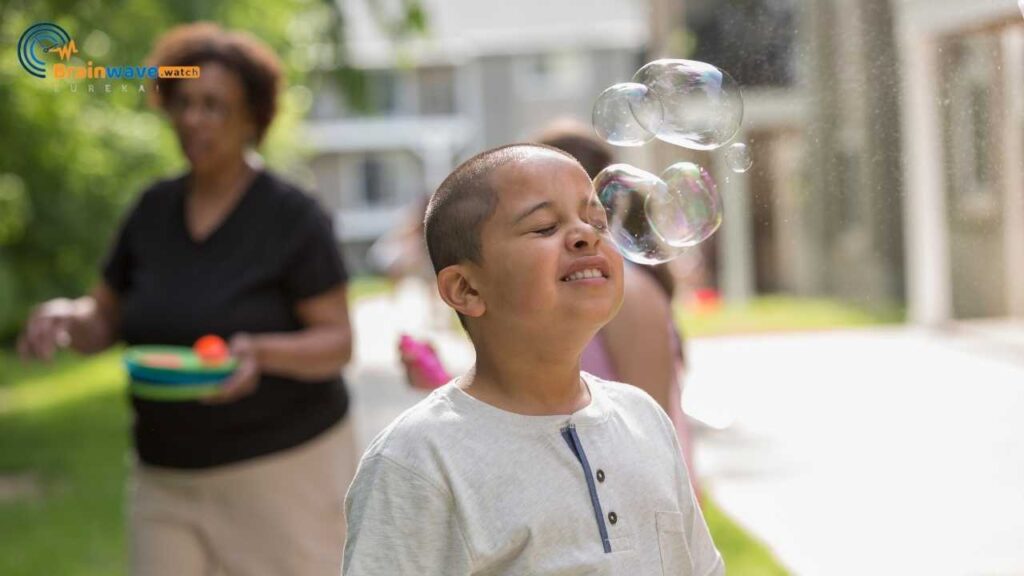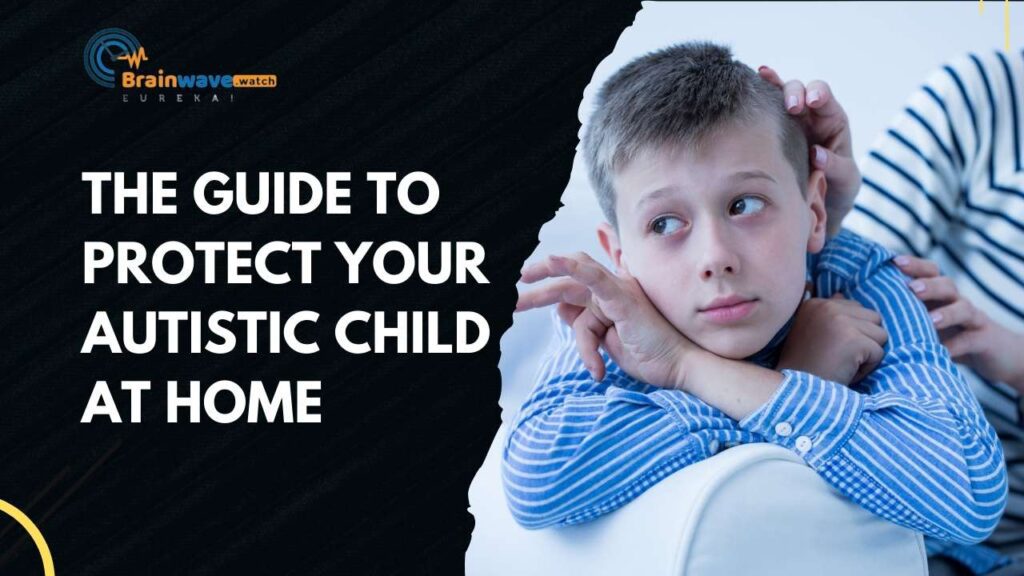Autism is a developmental disorder that affects how people communicate and interact with the world around them. It’s estimated that one in every 166 children has autism, which means it affects about three out of every 1,000 kids born each year.
While some people with autism have noticeable symptoms at birth or within the first few years of life, others may not develop any symptoms until later in childhood or adulthood.
Still, others may have milder forms of autism that make them seem like typical kids — but they do still have some difficulties communicating verbally or behaving socially at times (especially when dealing with loud noises).
Article Contents
Yes. It can affect a person’s ability to communicate
It can affect a person’s ability to communicate, socialize, and manage everyday behaviors like crying or getting dressed.
Some people with autism do have symptoms or problems you can see — for example, some people with mild autism may have difficulty making eye contact, while others may repeat words they hear over and over again (often called echolalia).
Others may not speak at all due to sensory differences that make talking difficult for them; when this happens in public places such as restaurants or stores where there are lots of noise and distractions around us each day of our lives, it can be frustrating for everyone involved!
No, it doesn’t do that.
Autism is a spectrum of disorders characterized by difficulties with social interaction and nonverbal communication, as well as repetitive behaviors or interests.
The condition affects about 1 percent of all children in the United States and 2 to 3 percent of adults, according to the National Institute of Mental Health (NIMH).
It can be diagnosed before age three but typically isn’t diagnosed until late childhood or early adolescence.
Some people with autism do have symptoms or problems you can see
While most people with autism have some degree of difficulty with social interactions, the term “social impairment” is used to describe a person who has fewer problems than others but still experiences difficulty.
People with this condition may have trouble reading body language and facial expressions, as well as understanding what others want from them.
They also may not be able to make eye contact for long periods of time or keep pace when walking or talking to someone else.
People with this type of autism are often shown on television shows such as “My Name Is Earl” because they have unusual speech patterns and behavior that make it difficult for them to communicate effectively in social situations
People with autism may be more sensitive than other people
They may be sensitive to loud noises and bright lights (this is called hypersensitivity) or less sensitive than others to things like pain (called hyposensitivity). People with autism might also have problems with motor skills such as walking or writing.
The term “hypersensitivity” refers to a person’s sensitivity to sounds and other sensations. For example, if you are hypersensitive, loud noises can be painful or even painful enough to cause the person with autism to cry out in pain.
Hyposensitivity means that something which would normally not be noticed by others is noticed by them (e.g., if someone has hyposensitivity they may notice that their feet hurt after walking on hard surfaces).
People with autism also might have problems with motor skills such as walking or writing because their coordination is poor compared with those without autism (this is called motor symptoms).
Autism affects different people in different ways.
Some people with autism may have more obvious symptoms than others, and some people with autism may experience problems that affect their motor skills like walking or writing.
Some people with ASD also have sleep disorders that make it hard for them to fall asleep at night, which can lead to daytime behavioral issues too.
Autism is a spectrum condition—not just one thing—and each person will vary widely in their abilities and challenges (or lack thereof).
Final Words
We are all different, and autism affects people in different ways. Some people with autism may have symptoms or problems you can see — for example, people with mild autism may have difficulty making eye contact, or people with severe autism may repeat certain body movements over and over again.
This is why some people call the condition “classic” or “high-functioning” autism. But in other people, it is harder to notice any obvious signs at all.







